Science Shop
Advertisement
NASA’s Lucy Probe Reveals Jupiter’s Secrets
- By Geert Devenster
- . May 10, 2023
The NASA spacecraft Lucy has recently completed its first test flight, passing by the asteroid Dinkinesh. This marks a significant milestone in the exploration of
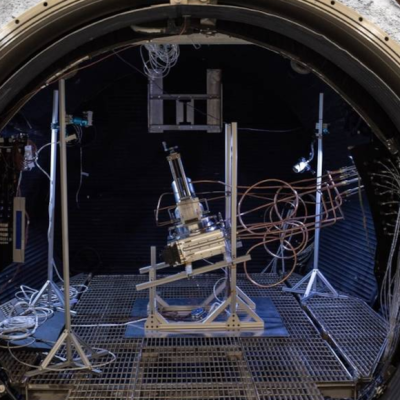
Extracting Oxygen from Moon Rocks
- By Geert Devenster
- . May 2, 2023
NASA Extracts Oxygen from Moon Rock Using Laser NASA scientists have successfully extracted oxygen from artificial moon rock using a laser. This process could be
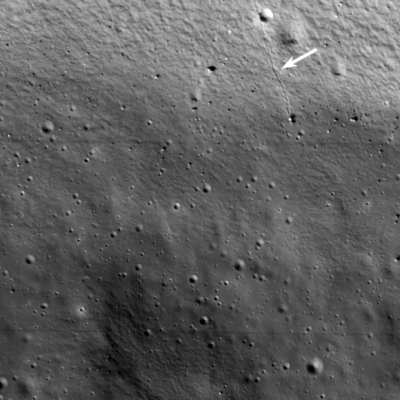
Dark Moon Craters Captured Sans Sunlight
- By Geert Devenster
- . May 2, 2023
NASA Camera Captures Images of Moon Craters in Shadow NASA has recently released images of moon craters and other objects that are not directly illuminated
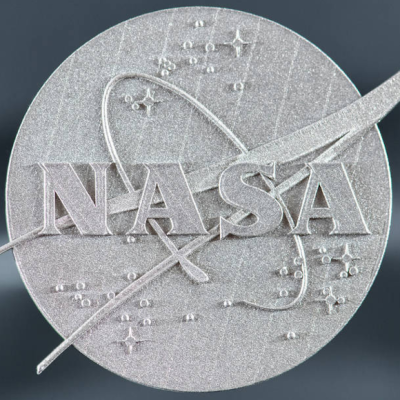
NASA’s New Super Alloy Lasts 1,000x Longer
- By Geert Devenster
- . May 1, 2023
NASA and Ohio State University have collaborated to develop a new alloy for aircraft and spacecraft components that is significantly more durable even at extreme
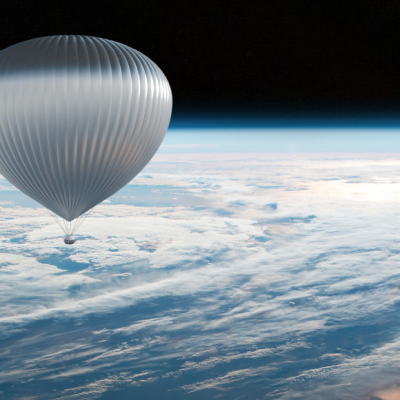
Book Stratospheric Balloon Flights
- By Geert Devenster
- . April 22, 2023
French company Zephalto is now offering balloon flights to the stratosphere, with tourists able to reserve their spots starting in 2025. The start-up has developed
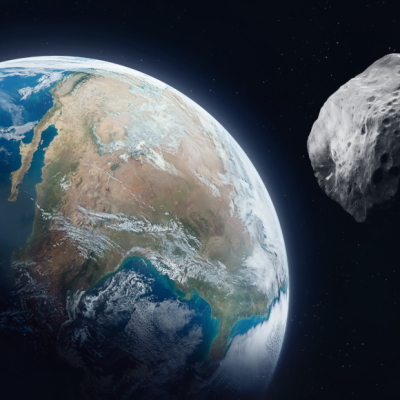
Deadly Asteroid Approaching Earth
- By Geert Devenster
- . April 20, 2023
An asteroid named 2012 KY3 is currently approaching Earth and is expected to pass by on April 13, 2023. The Center for Near-Earth Object Studies
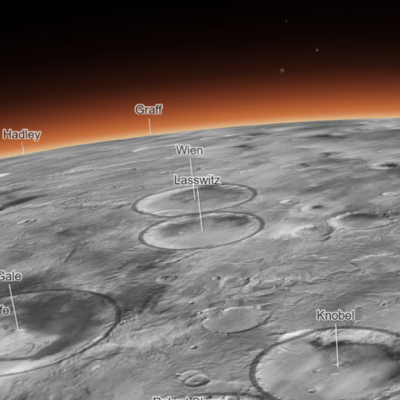
High-Resolution Map of Mars Released
- By Geert Devenster
- . April 11, 2023
The California Institute of Technology (Caltech) has released an interactive map of Mars, made up of over 110,000 images taken by the Mars Reconnaissance Orbiter’s

Moon Holds 270 Billion Tons Water
- By Geert Devenster
- . April 11, 2023
A recent study by the Chinese Academy of Sciences has revealed that the moon contains up to 270 billion tons of water. This discovery is

New spaceship engine accelerates space exploration.
- By Geert Devenster
- . April 2, 2023
Scientists at the University of California have presented a new propulsion system called the Pellet-Beam Drive, which could significantly accelerate space travel and aid in
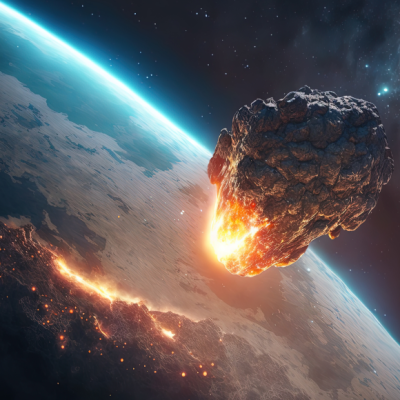
Surprising Frequency of Asteroid Impacts
- By Geert Devenster
- . March 27, 2023
New analyses of craters reveal that destructive asteroids hit the Earth much more frequently than previously thought. According to a recent study presented at the









